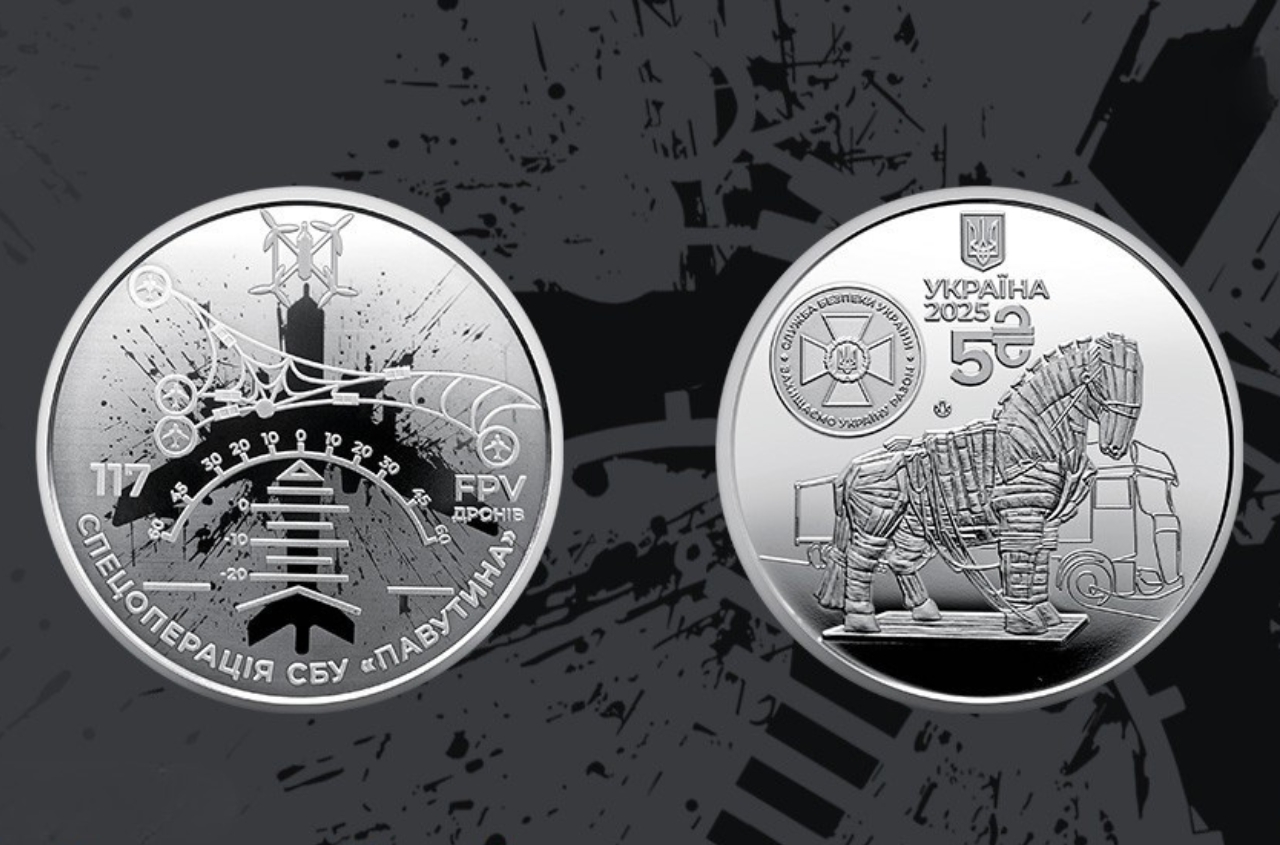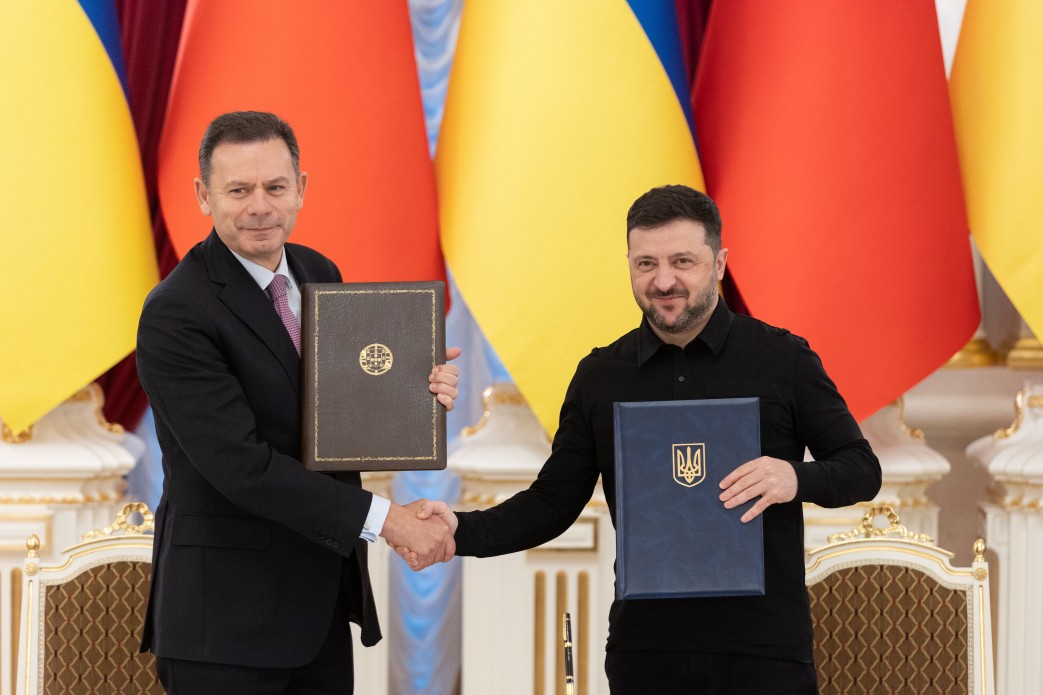The National Bank of Ukraine (NBU) believes that the complete confiscation of frozen Russian assets for the benefit of Ukraine will not significantly impact the perception of the euro or its role in the international financial system, despite concerns raised by the European Central Bank (ECB). This is stated in the new inflation report published on the NBU website.
The majority of sovereign Russian assets frozen after Russia's full-scale aggression against Ukraine are physically located within the European Union.
The ECB is concerned that confiscating these assets could harm the euro, with fears that other central banks might start moving away from using euro-denominated reserve assets, leading to higher yields in euros (which would increase financing costs for EU countries) and a decrease in the euro’s share of international trade settlements.
The NBU, after conducting "an analysis of all aspects of the euro's position in the global environment," concluded that there are no threats to the euro's role in the event of complete confiscation of frozen Russian assets for the benefit of Ukraine. According to the NBU's analysts, the direct confiscation of Russian assets, which account for more than 8% of total euro reserves, might "mechanically reduce the euro's share in reserves by nearly 1.1 percentage points," but this change would have no economic significance.
The NBU also pointed out that synchronized asset confiscation across the West would limit the possibilities for other countries, including China, to diversify reserves.
Additionally, there are technical obstacles to the mass sale of euro-denominated bonds and restrictions on investments in some alternative currencies, such as the Chinese yuan (due to China's policies and geopolitical factors), which makes the complete liquidation of euro reserves unlikely.
"Despite attempts by some emerging markets to find alternatives, the role of the euro as the second global currency remains steadfast. Therefore, coordinated measures with other developed countries for the complete confiscation of Russian sovereign assets are unlikely to weaken the euro's position or have a material impact on the perception of this currency," the NBU concludes.





















